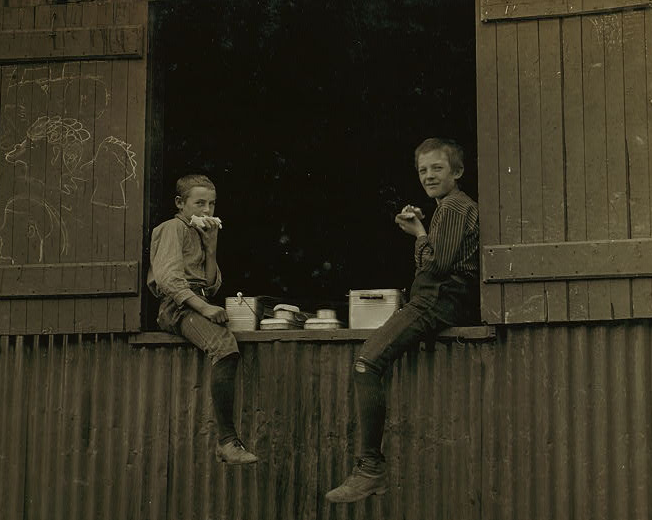How to network

It’s no secret that networking can be one of the keys to career success. It’s useful in helping you to find out about jobs and to land them. But what’s the best way to go about building a successful network?
The best advice we’ve come across so far on how to network is Keith Farrazzi’s Never Eat Alone.1 It’s not as evidence-based and rigorous as we’d like (and his style can be annoying!), but the core of his recommendations makes sense.
His key recommendation is essentially to adopt a “giving mindset” when meeting people. This means making sure that your first instinct is to help others without calculating the benefits you’ll get in return.
There’s a growing body of evidence that having a giving mindset will make you more successful, so long as you avoid burnout and being exploited, as documented by Prof. Adam Grant in Give and Take (our second top recommendation if you want to learn more about networking).2
And the idea is pretty much common sense. If you’re a sincere giver, other people will want to help you out in the future, you’ll have a good reputation and you’ll build genuine connections with other people. Then when it comes to making an ask in the future, your connections will be happy to help.
Much of the rest of the book focuses on practical tips to allow you to build and maintain weak ties: loosely, relationships with people you don’t often hang out with, but who you’d be happy to contact asking for a quick favour. For example, he offers tips on how to cold call, how to meet people at conferences, and how to keep in regular contact with your weak ties.
It’s hard to know how much his tips will help you build more weak ties, but it seems clear that the more weak ties you have with people who feel positively toward you, the better your network. In fact, there’s some (weak) evidence that people are more likely to land jobs through weak ties than strong ties. This could be because your network of weak ties is likely to be more diverse, and therefore better able to connect you with new opportunities.3
The final ingredient is actually using your weak ties. When coaching people, I often notice that people use their connections less than they could. For instance, if you’re looking for a job, then it pays to ask as many people as possible for leads. If you want to find out about an industry, go and speak to someone in the industry – you’ve probably got a friend of a friend who works in it. It rarely hurts to ask, especially if phrased politely and so that the person can easily decline. One quick tip is to make your asks very specific, because that makes them easier to understand and act on. If someone says “can you help me find a job” it’s hard to know where to start, but if they say “I’m looking for a part-time role as an editor” I can probably think of one or two ideas.
- You can see a summary of Never Eat Alone here.
To meet people in our community, join our LinkedIn group.
Also check out the summary of the founder of LinkedIn’s advice on networking in the comments below.
What’s the best advice on networking you’ve seen? List your ideas in the comments or email us.